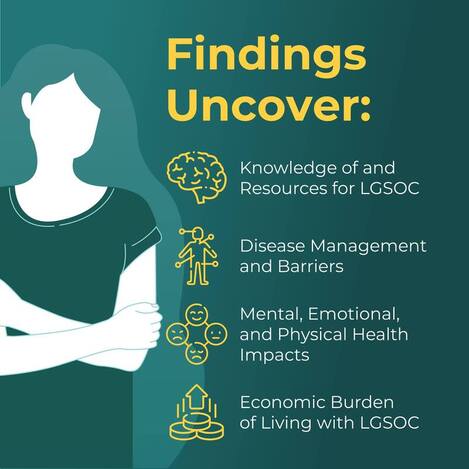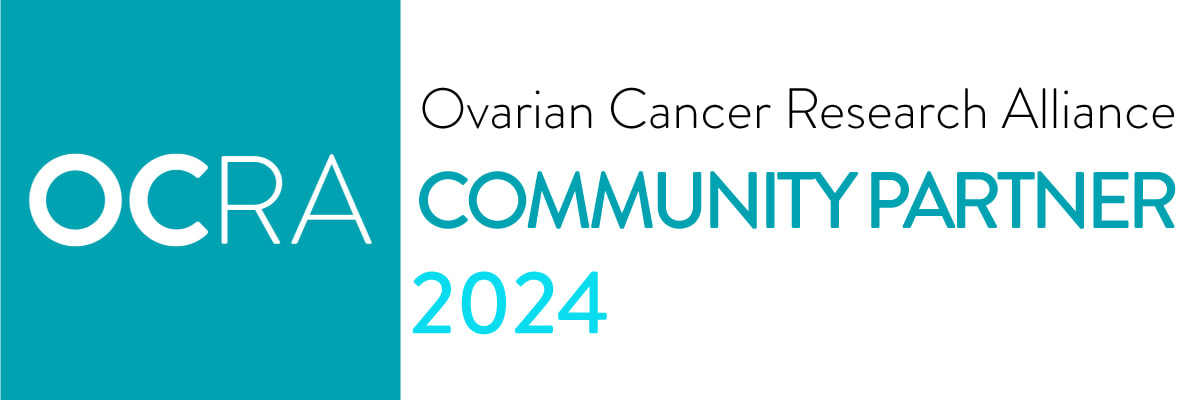|
When I was diagnosed with ovarian cancer at 44, I knew a lot of people my age who’d had breast cancer, but none who had ovarian cancer. It seemed like a disease that affected mostly older women. I heard the term “low-grade serous” for the first time after surgery. Not only does this rare cancer affect people at a younger age, but the cells are slower growing that most other ovarian cancers, which likely explained why chemotherapy had failed to shrink my tumors. I’m not the only low-grader who’d never heard of LGSOC before being diagnosed with it. Last year, STAAR partnered with Verastem Oncology, Cure Our Ovarian Cancer and World Ovarian Cancer Coalition to conduct the first-ever multinational survey of people with low-grade serous ovarian cancer. Of the 186 people who responded, 99% had never heard of it before finding out they had it. And even after having the disease, 40% still didn’t know that LGSOC is NOT a less severe form of ovarian cancer. Because low-grade cancer cells are completely different from high-grade cells, they don’t respond to the same treatments. And because it’s less common, there’s less research and no specialized treatments. The data from this survey is essential to improving understanding of the disease, so that treatments can be developed with low-graders’ specific needs in mind. Other key findings
These results were no surprise to me. It’s validating to know that I’m not alone in what I’ve been going through. Most low-graders see the need for increased awareness, with
*Symptoms include bloating, feeling full quickly, fatigue, indigestion, menstrual irregularities, changes in bowel habits and painful intercourse. Learn more at our symptom checker. Where do we go from here? 88% of respondents agreed that LGSOC needs more attention as a distinct disease from other ovarian cancers. The data from this survey, combined with the results of the Voices of LGSOC meeting STAAR hosted last year for the US Food and Drug Administration, can influence future research into treatments to improve outcomes for LGSOC. They already have. Earlier this month, the FDA designated a treatment being developed by Verastem as an orphan drug. This is a beacon of hope because orphan drug designations lead to incentives to pharmaceutical companies, facilitate the development of targeted therapies, expedite the regulatory approval process, and enhance patient access to innovative treatments. As the only nonprofit in the US dedicated to LGSOC, STAAR Ovarian Cancer Foundation is at the center of these advances. Sign up for our email list to join the effort. AuthorKari Neumeyer is STAAR Vice Chair—Marketing & Communications. She was diagnosed with LGSOC in 2020.
0 Comments
Leave a Reply. |
ArchivesCategories |



 RSS Feed
RSS Feed

